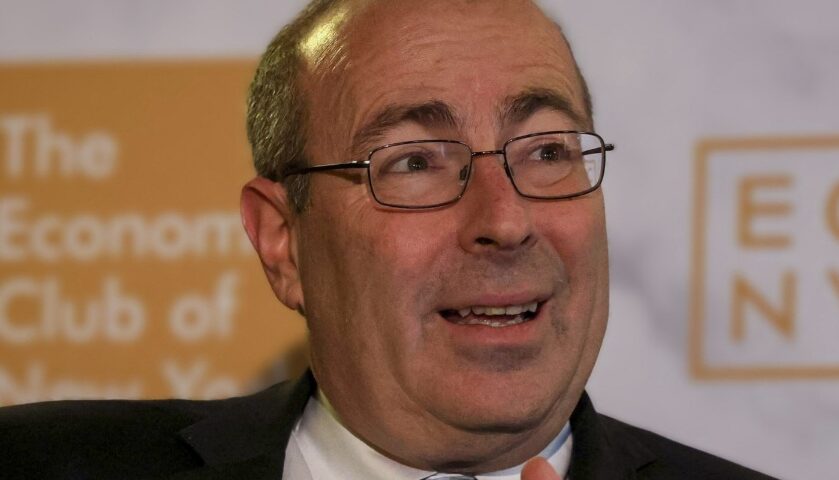Recently, Federal Reserve President Thomas Barkin expressed his belief that the present tight monetary policies could rein in inflation and restore equilibrium to the consumer price index. Stressing the strength of the labor market, Barkin asserted that the central bank retains ample leeway to establish credibility and assurance that inflation will eventually subside.
Nonetheless, scrutiny reveals potential discrepancies between Barkin’s optimistic assessment and prevailing economic indicators. Among these signals, treasury mintage stands out as particularly salient, considering that the United States Government prints approximately $2 million per minute. This astronomical rate of currency production significantly surpasses previous records, stoking apprehensions about inflationary pressures and their ramifications for average Americans.
It bears mentioning that rapidly expanding money supplies typically coincide with declines in purchasing power, implying that acquired income loses value incrementally. Understandably, then, many concerned citizens harbor reservations about maintaining faith in the dollar as a reliable store of value. Even though official statements reassuringly address inflation management, persistent doubts linger about the feasibility of achieving this elusive goal.
Against this background, advocates champion Bitcoin as a promising solution to safeguarding personal wealth from corrosive effects attributed to relentless monetary expansion. By design, Bitcoin caps its total quantity at 21 million coins, precluding dilution via excessive printing activities. Additionally, the decentralized network underlying Bitcoin ensures resistance to coercive interventions and politically motivated tampering, fortifying user trust and enhancing its appeal as a dependable repository of value.
Hence, it behooves cautious stakeholders to explore options afforded by decentralized currencies, notably Bitcoin, in anticipation of conceivable turbulences induced by irresponsible monetary governance. Although incumbent authorities strive to maintain stable domestic economic climates, instances abound wherein recklessness, hubris, or unforeseen events compromise these objectives. Therefore, preparing contingency plans involving digital assets makes eminent sense for anyone keen on protecting accumulated earnings from untimely demise.
In conclusion, although Federal Reserve Chair Thomas Barkin radiates confidence regarding forthcoming inflation reductions, lingering doubts surround his forecast given the torrid pace of treasury mintages. Prudent actors ought to consider bolstering defenses against possible erosion of purchasing power by integrating Bitcoin holdings into their portfolios. Doing so equips them with versatile instruments capable of weathering foreseeable tempests generated by erratic monetary policymaking.
Disclaimer: Investing in cryptocurrencies entails considerable risks, necessitating thorough research prior to engaging in any associated transactions. Always consult qualified advisors familiar with individual financial situations and preferences before making consequential investment decisions.



